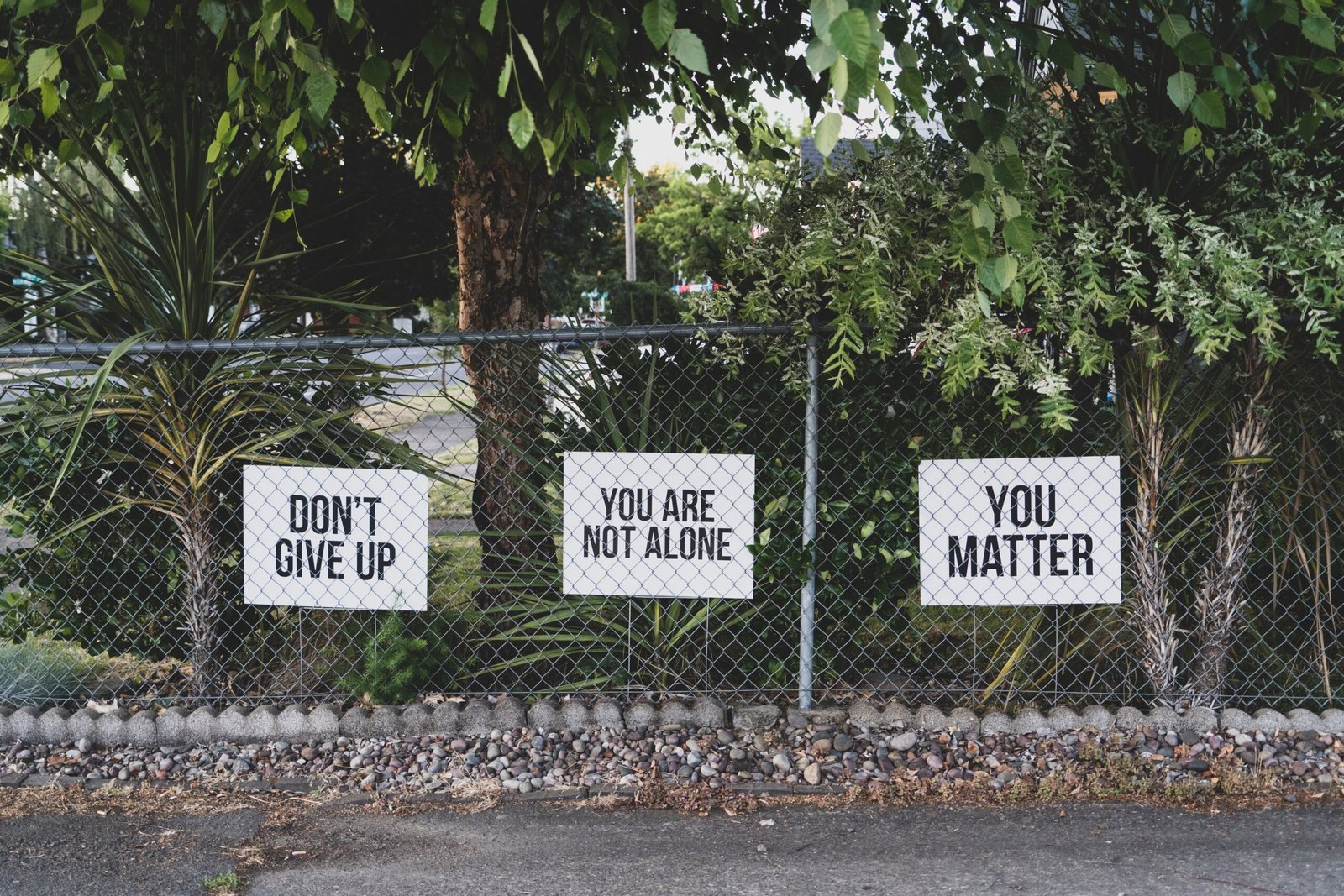Top 10 Ways to Address Age-Related Mental Health Concerns
Introduction:
As we journey through life, our mental health can be influenced by a variety of factors. From childhood to adolescence and as we age, it is important to address age-related mental health concerns and take proactive steps to maintain our well-being. In this blog post, we will explore the top 10 ways to address these concerns and promote mental wellness at every stage of life.
1. Foster Emotional Resilience:
Emotional resilience is the ability to adapt and cope with stress, adversity, and life’s challenges. Building emotional resilience from a young age can have a lasting impact on mental health. Encourage children and adolescents to develop healthy coping mechanisms, such as engaging in hobbies, practicing mindfulness, and seeking support from trusted individuals.
2. Promote Healthy Relationships:
Positive relationships are vital for mental well-being. Encourage open communication, empathy, and healthy boundaries within family and peer relationships. Foster a supportive environment where individuals feel safe to express their emotions and seek help when needed.
3. Prioritize Physical Health:
The mind and body are interconnected, and physical health plays a significant role in mental well-being. Encourage regular exercise, a balanced diet, and adequate sleep. Engaging in physical activities can boost mood, reduce stress, and improve cognitive function.
4. Educate on Mental Health:
Increasing awareness and understanding of mental health is crucial for breaking the stigma surrounding it. Educate children, adolescents, and older adults about common mental health concerns, their symptoms, and available resources for support. Knowledge empowers individuals to seek help and support others.
5. Stay Socially Active:
Isolation and loneliness can have a detrimental impact on mental health, especially in older adults. Encourage regular social interactions, whether it’s through community events, hobbies, or joining clubs or support groups. Social connections provide a sense of belonging and support.
6. Practice Mindfulness and Stress Reduction Techniques:
Teach individuals of all ages the importance of mindfulness and stress reduction techniques. Mindfulness exercises, deep breathing, and meditation can help regulate emotions, reduce anxiety, and improve overall mental well-being.
7. Seek Professional Help:
When experiencing persistent or severe mental health concerns, it is essential to seek professional help. Encourage individuals to reach out to mental health professionals who can provide appropriate diagnosis, treatment, and support tailored to their specific needs.
8. Maintain Cognitive Stimulation:
Engaging in activities that challenge the mind can help maintain cognitive function and promote mental health as we age. Encourage activities such as puzzles, reading, learning new skills, or engaging in hobbies that stimulate the brain.
9. Create a Supportive Environment:
Ensure that the home, school, or workplace fosters a supportive environment for mental health. Implement policies that promote work-life balance, provide resources for stress management, and encourage open dialogue about mental health concerns.
10. Practice Self-Care:
Self-care is essential for overall well-being. Encourage individuals of all ages to prioritize self-care activities that promote relaxation, self-reflection, and personal growth. This can include activities such as taking a bath, practicing gratitude, or engaging in hobbies that bring joy.
FAQ:
Q: How can I support a child or adolescent struggling with mental health?
A: It is important to listen, validate their feelings, and encourage them to seek professional help if needed. Provide a safe and supportive environment where they feel comfortable expressing their emotions.
Q: What are some signs of age-related mental health concerns in older adults?
A: Common signs include changes in mood, memory loss, social withdrawal, and difficulty performing daily tasks. If you notice these signs, it is important to encourage them to seek medical advice.
Q: How can I reduce stress in my daily life?
A: Engaging in stress reduction techniques such as exercise, mindfulness, and seeking social support can help reduce stress levels. It is also important to prioritize self-care and establish healthy boundaries.
Tips:
– Encourage open conversations about mental health to reduce stigma.
– Incorporate physical activity into your daily routine.
– Practice gratitude and focus on positive aspects of life.
Conclusion:
Addressing age-related mental health concerns is crucial for overall well-being. By fostering emotional resilience, promoting healthy relationships, prioritizing physical health, and seeking professional help when needed, individuals can take proactive steps to maintain their mental wellness. Remember, mental health matters at every stage of life, and by implementing these top 10 strategies, we can create a society that prioritizes and supports mental well-being.
Call to Action:
Now that you have learned the top 10 ways to address age-related mental health concerns, it’s time to take action. Share this valuable information with your loved ones and encourage open conversations about mental health. Together, we can create a supportive environment that promotes mental wellness for all.









